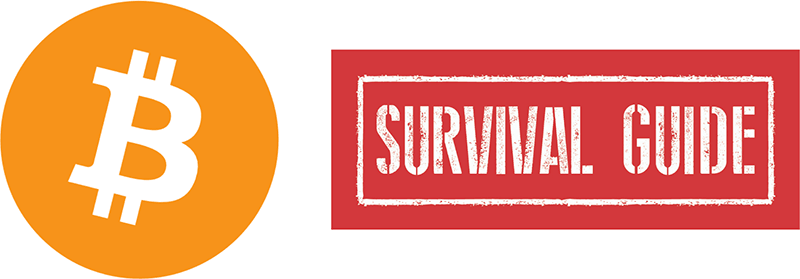Many of you have probably been contacted at some point via email or social media with hopes of getting rich quick and they feed off the fact that cryptocurrencies have made some people rich. Some of the most common cTrader Cryptocurrency or bitcoin scams include Fake Giveaways, Ponzi Schemes, Ransomware, Pump-and-Dump and Social Media Phishing.
The Problem
The core problem with a Cryptocurrency like Bitcoin is that it is decentralized, which means it's harder to regulate by law enforcement as it’s a borderless digital currency and a perfect breeding ground for cryptocurrency scammers. If a scammer does manage to trick you into stealing your money then there is nothing you can do to recover your money and it is very important that you understand how to identify the most common red flags so that you do not become another victim.

Most Common Bitcoin Scams
The following scams are most common as of the date this article was posted, we are sure that there will be plenty more sophisticated ones in the future as they evolve.
Fake GiveAways
This is one of the most popular scams and is seen on many social media chat groups like Telegram, they are easy to identify, they usually offer you something for free in exchange for a small deposit. They usually ask you to send them funds to a bitcoin address in exchange for more bitcoins like Send 0.2 BTC to receive 0.5 BTC and if you do fall for this you will never see your money again. If a user posts this on your social media group just block them, if you receive an email then you can also report them and block them.
Phishing & Social Media
This is similar to the fake giveaway scam where they mostly post on social media platforms, but a Phishing scam works where they usually pretend to be someone of authority by creating a fake account with a name similar to someone with a high level of authority. If you do come across this type of phishing then it is always good to research the person first and verify the account to be sure.
Malware Software
We all receive emails from unknown people with a file attachment which could be a word file or even worse and EXE, if you ever receive this from an unknown person, do not open it, Malware is a sneaky way for scammers to place hidden programs on your PC to steal your passwords or other sensitive information. You should consider installing an antivirus and scanning for threats regularly and to keep your operating system up to date.
Phishing Emails
One of the most common Phishing Emails or spoofing is where they try and trick you into downloading an infected file as described above in Malware Software or a link that takes you to a malicious website that looks like a professional company but is in fact a scam site.
You will know for sure it is a scam when they are telling you that you need to take urgent action now or you will miss out. They may also try and impersonate another site that you use asking you to update your login details or reset your password.
Ponzi & Pyramid Schemes
These are the worst in my opinion and one of the oldest scams around, they can be complex and look very authentic, a Ponzi scheme works by recruiting investors and with each new investor money flows to the top of the pyramid and when no new investors are found the money stops and if anyone attempts to ask for their money back, there will be no money.
One of the most famous and recent Ponzi schemes is OneCoin, I even had a friend who was convinced it was legal even after proof was shown that it was a scam, the problem is that they are groomed and told by senior members to ignore all the negative news as jealously. This scheme brought in £4 billion worldwide and 98 people were prosecuted, the brains behind it Ruja Ignatova is still at large.
Pump and Dump
A Pump-and-Dump scheme has been around for many years and often seen in the stock market, this is where a group of traders buy up stocks to drive the price up to and then manipulate the market to make a quick buck. Now Bitcoin is the new breeding ground for these scam artists and many people fall for this by taking in fake news by celebrities, it is always best to do your research completely before getting caught up in a greedy frenzy.
The best advice is to stay away from Crypto schemes if they smell bad, do your research first and talk on chat groups.
Is it Safe to Trade Bitcoin?
Yes, it is safe to trade Bitcoin or another cryptocurrency with a trading platform or through a broker, as you can manage your risk better, we would just like to highlight the most common criminals who are praying on the new gold rush to take advantage of investors with less experience in what is happening.
How to Protect Yourself
If you hear people making lots of money on something like Bitcoin, it's usually too late to jump on the train, but even if it is not too late, then you need to not rush into it even if a friend is telling you that you must do this now or you will miss out, first do your research by posting the details on various forums and chat groups, you may find that it is a complete scam or you may find its legal, but even if it's legitimate, be very wary of Bitcoin as this is extremely volatile, you may have doubled your money one day and its all gone the next.
Last Thoughts
Only invest in Bitcoin if you have some spare cash you don't mind losing and you are happy to leave it for 5-10 years, please comment below to improve this article or if there is fresh information.
Crypto assets are not covered by UK schemes that help investors reclaim cash when companies go bust.




